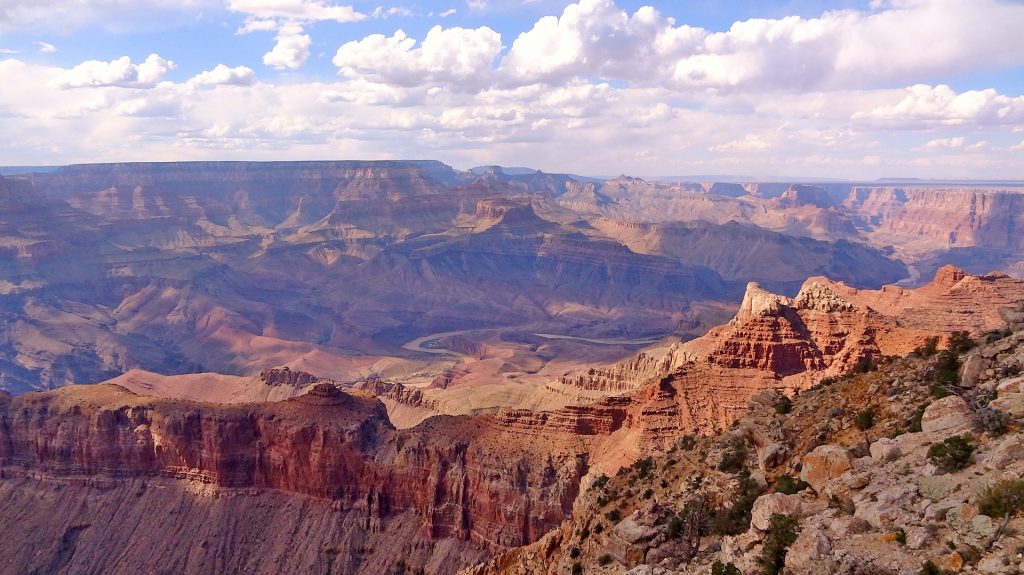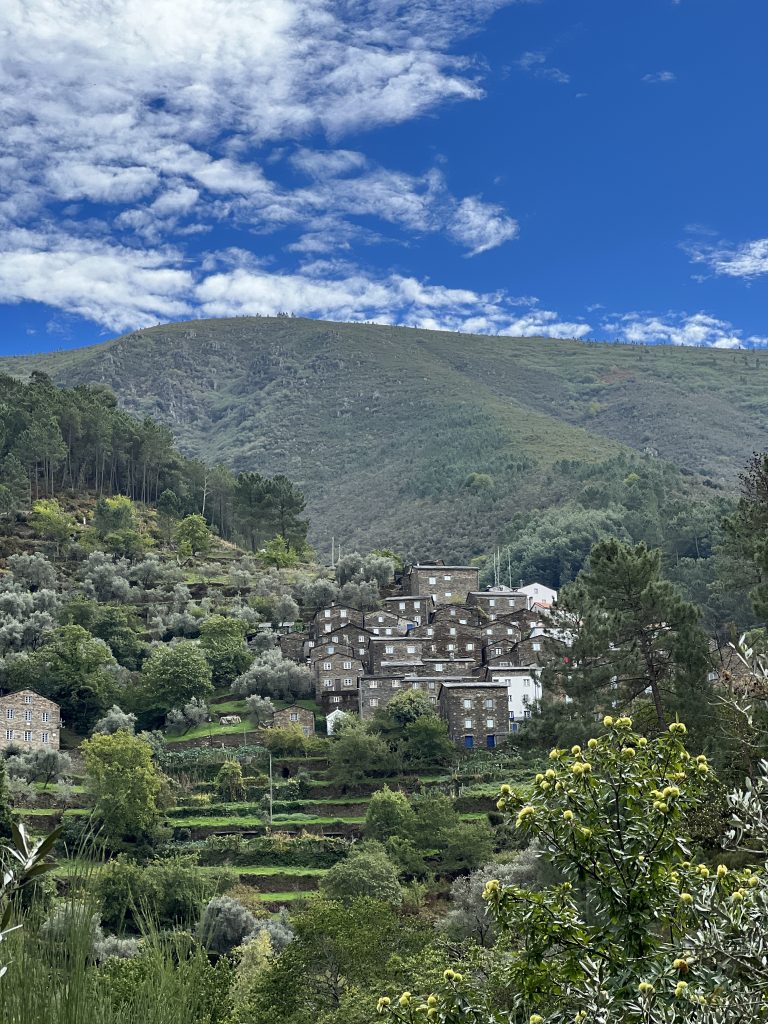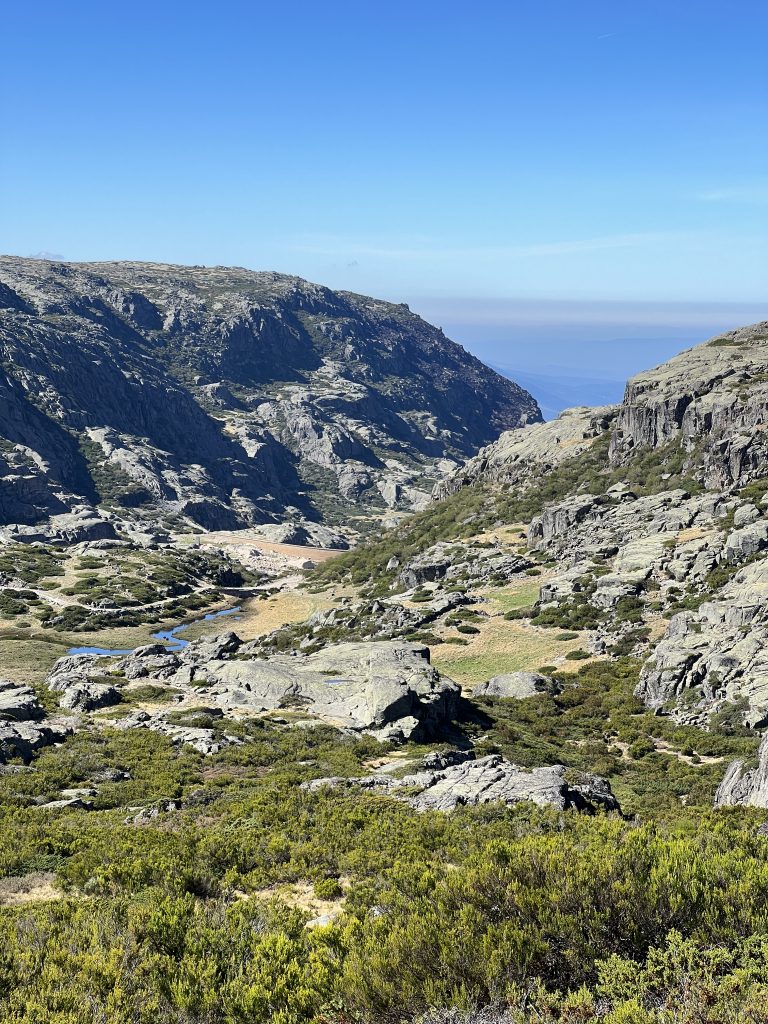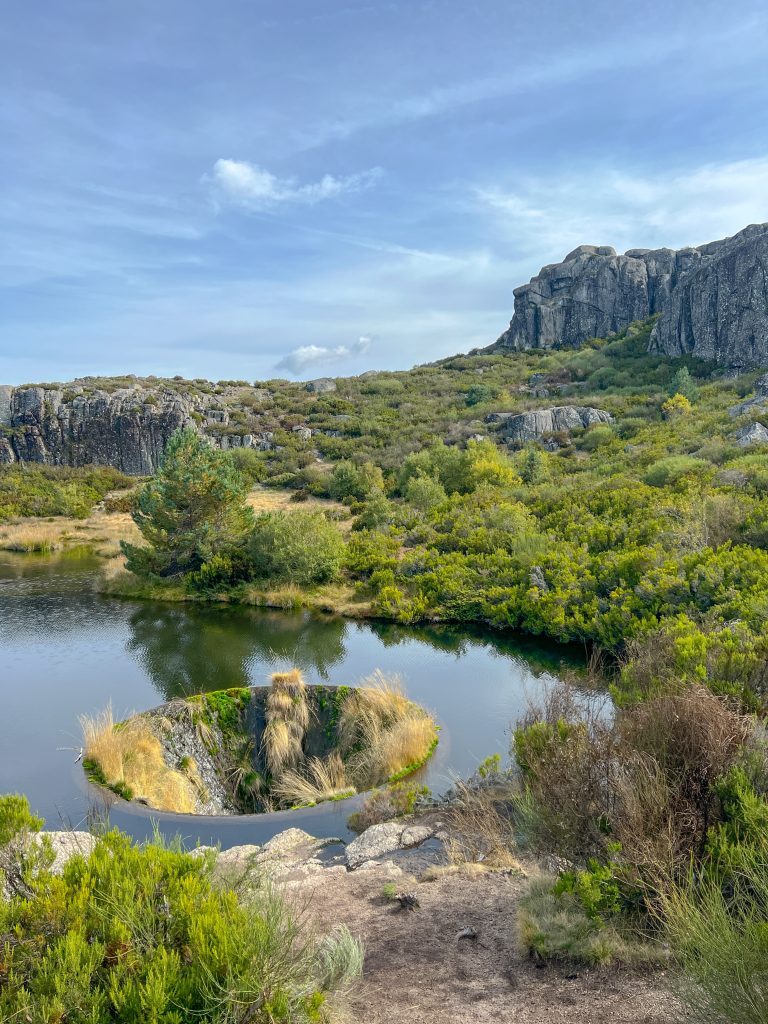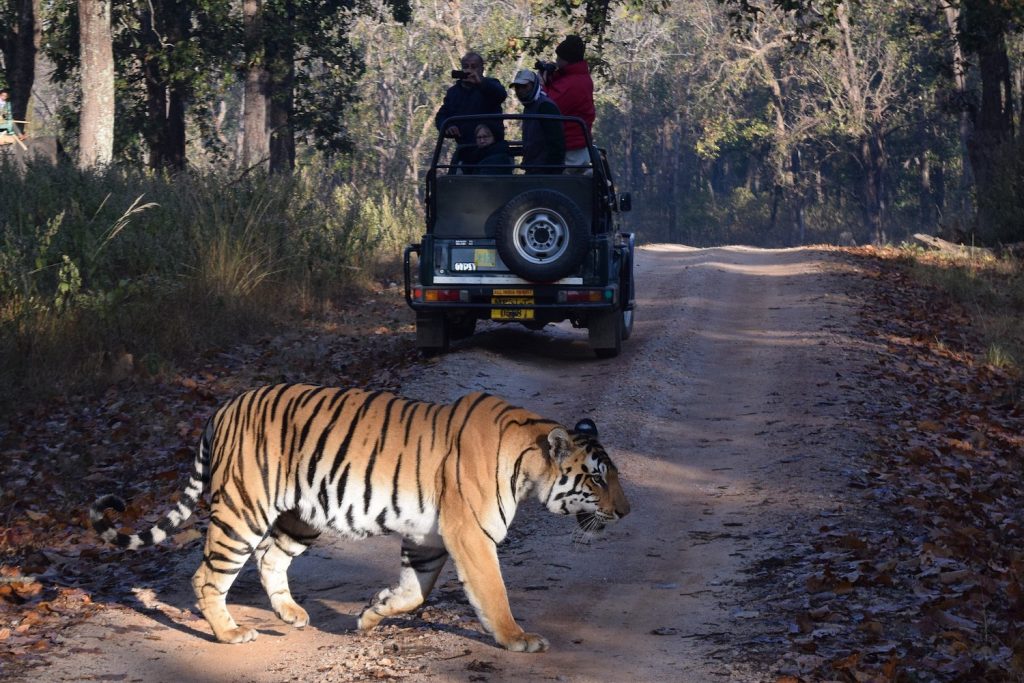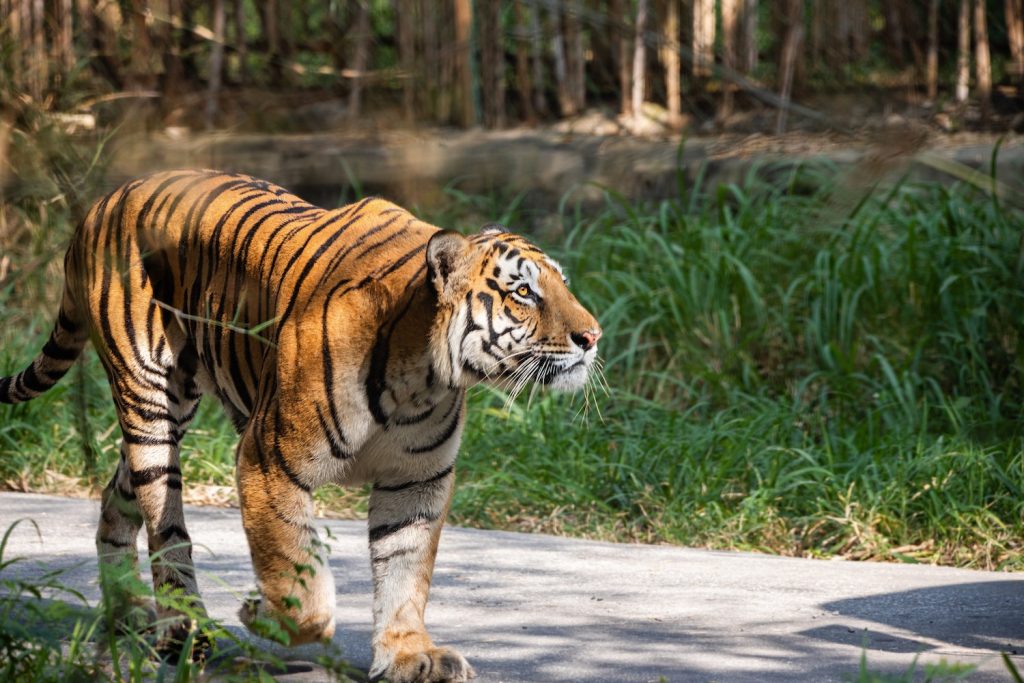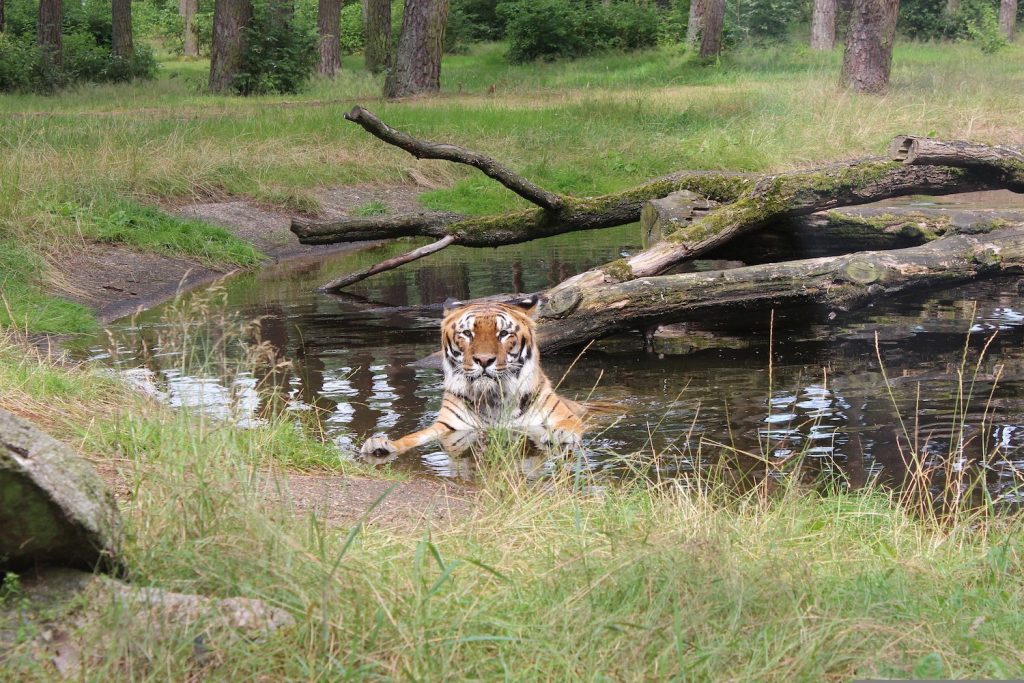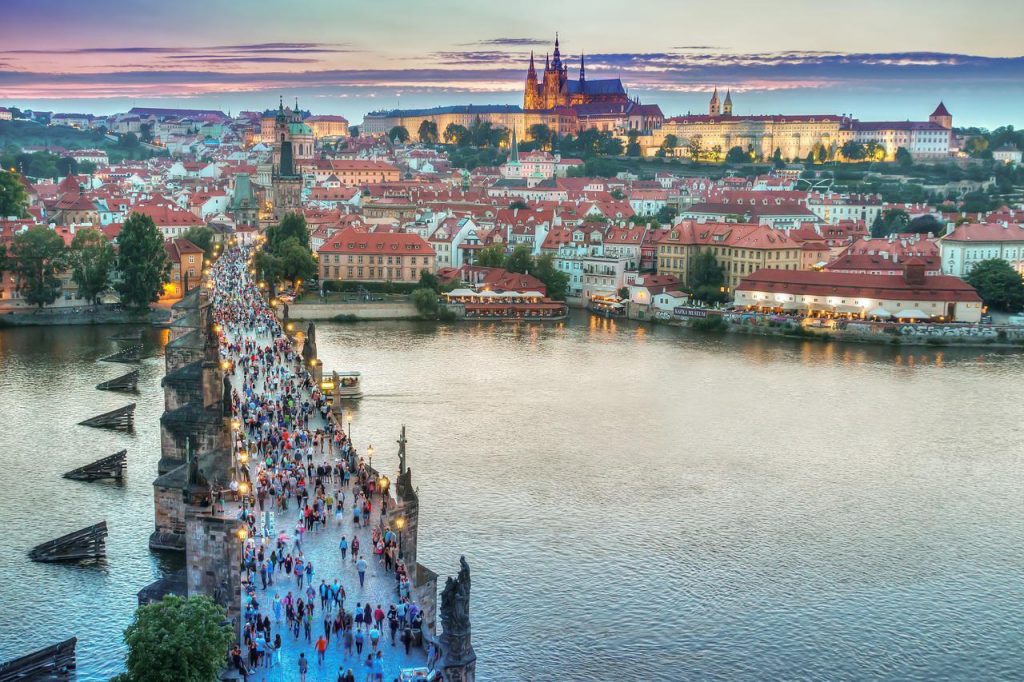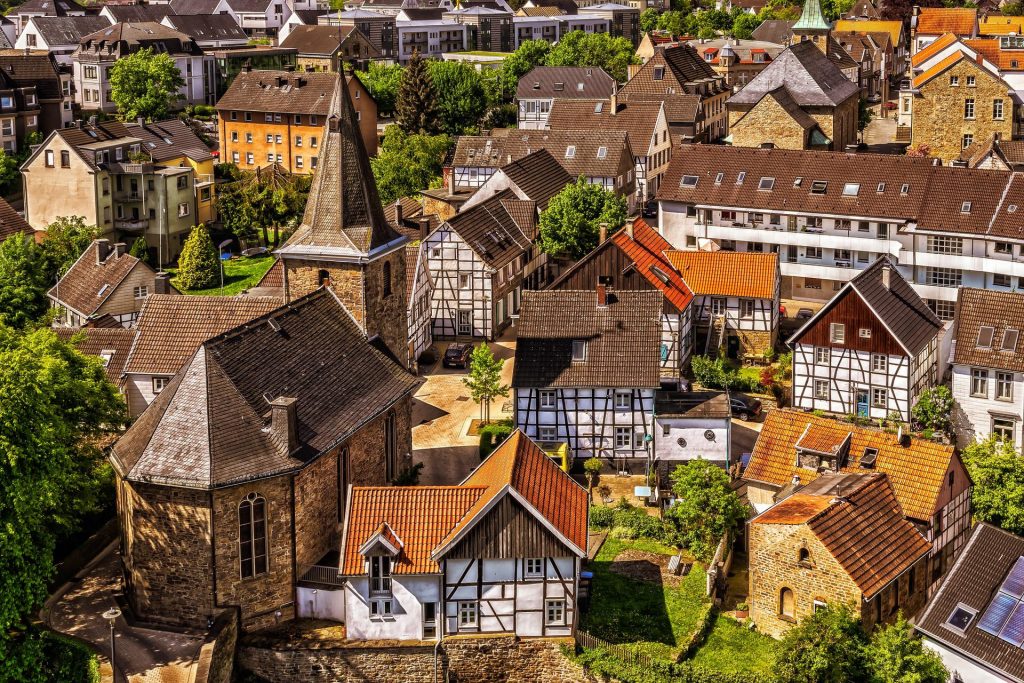How to Prepare for Life as a Digital Nomad
Remote work is on the rise, and becoming a digital nomad is more enticing than ever. Thanks to the pandemic, more people have experienced the benefits of remote work than ever before. It’s now projected that in 2027, more than half of the total U.S. workforce population will turn to freelance and remote work.
However, before you decide to become a digital nomad in the next year, it’s worth understanding that switching from being a traditional employee to going full-nomad is daunting and challenging.
To help ease the transition and make the process less scary, we’ve created a checklist of sorts of things to consider before embarking on this journey.
1. Find appropriate work
Becoming a digital nomad isn’t something that happens overnight. Before you embark on this journey of becoming one, you’ll need to find appropriate jobs that fit this lifestyle. For example, specific jobs, like those in the finance and banking sector, may not allow for remote work as easily due to legal restrictions and requirements. Jobs in publishing, social media, and even software engineering sectors might be more appropriate for remote work and could allow you to become a digital nomad more easily.
If you’re looking for work as a digital nomad, consider applying for remote roles. Sites like LinkedIn, Upwork, and Remote.co, have specific remote job listings that could help narrow your choices. If you’re currently employed, you might want to consider asking if you could go remote in your existing company. Before you switch and go remote, consider all the differences that might come with a remote contract, too.
2. Research every location you might want to work out of
A stable internet connection is one of the most important things to consider when deciding on which country to work out of. While the Indonesian island of Bali might be beautiful, the country doesn’t necessarily have the strongest internet connection. Suppose you’re a graphic designer or video editor. In that case, a weak internet connection could lead to slower download and upload speeds, which can be really frustrating, especially if you’re chasing a deadline.
That said, it’s crucial to research aspects like Wi-Fi connectivity and current events and be informed of other issues that might affect your productivity levels. Sites like SpeedTest can help determine your internet connection speed in a particular country. Alternatively, Reddit forums like r/digitalnomad could provide insight into a country you’re interested in.
3. Consider your cybersecurity needs
Unlike traditional employees, freelancers and digital nomads don’t have the luxury of a cybersecurity team to protect themselves should malicious third parties choose to target and steal information from them. When leading a nomadic lifestyle, it’s important to think about your cybersecurity needs. This is particularly important when managing money, receiving payments for your work, and paying bills overseas. You might also need secure internet access when filing for taxes and working on confidential documents.
A dedicated VPN for expats is a great way to protect your privacy, secure your internet connection, and ultimately protect your devices. A VPN, or virtual private network, runs your internet connection through an encrypted tunnel, preventing anyone from seeing your online activity.
4. Get quality health insurance
Before you book flight tickets, be sure to research good health insurance plans. Accidents, missed flights, and lost baggage can happen, especially when you’re traveling, so purchasing a digital nomad insurance plan that covers these instances is vital.
For example, companies like SafetyWing and World Nomads create specific plans for digital nomads.
5. Have backup plans
Last but definitely not least, make sure to have backup plans should becoming a digital nomad not pan out for you. Regardless of whether you’re a traditional employee or a digital nomad, losing your job is a genuine risk and can happen to anyone. However, the pain of losing your job while on your digital nomad journey and away from your home base can be harder for some than others. That said, it’s worth thinking about what to do should this not work out for you. For example, always ensure that you have emergency funds in case you need to fly back home, if the country you’re in experiences some sort of unrest or if you lose your job.
Becoming a digital nomad might not always be easy. Still, the experience is rewarding, especially when you get to decide your schedule and simultaneously see different parts of the world. With these tips, we hope we’ve covered some of the vital things you’ll need to consider before you take on this exciting journey.
The post How to Prepare for Life as a Digital Nomad appeared first on Wandering Earl.


